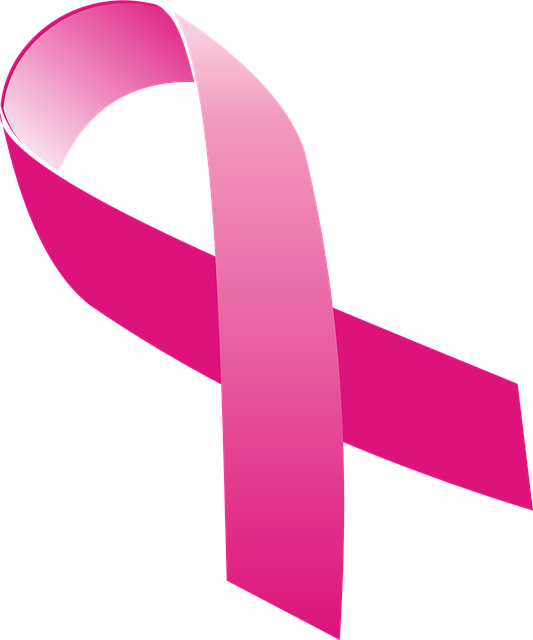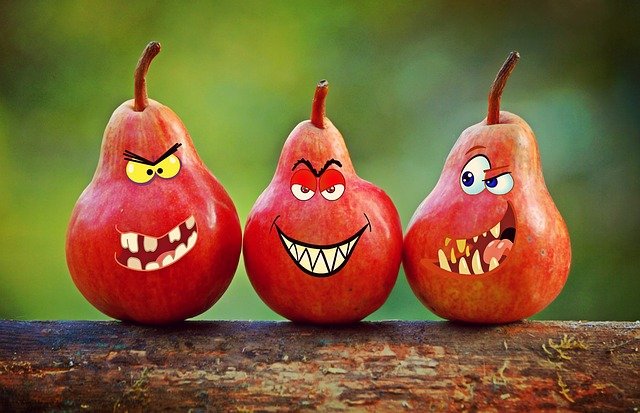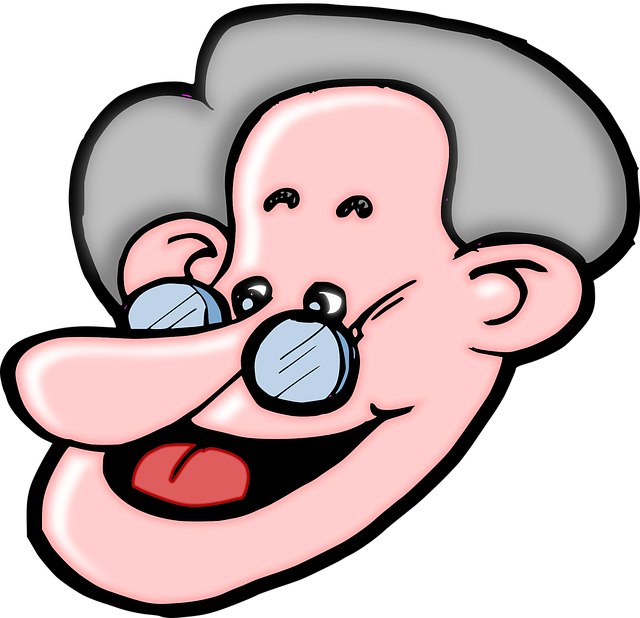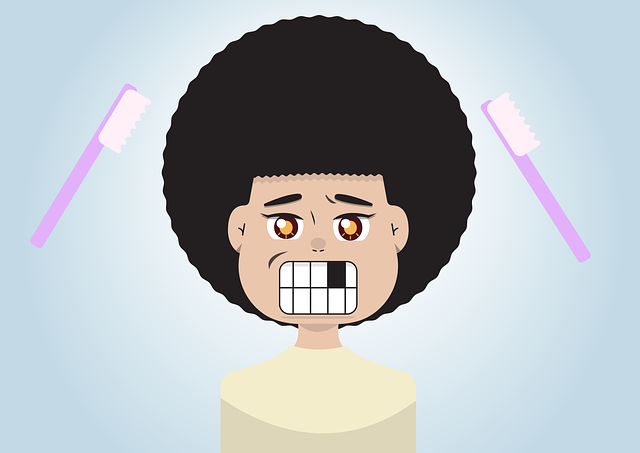COMMON ORAL HEALTH PROBLEMS IN THE ELDERLY
Elderly Oral Health. As we get older, the body faces a number of challenges and issues which, along with ageing teeth and gums. And can affect oral health and increase the risk of disease. Also a number of common health problems such as diabetes, arthritis, cancer and smoking. Also. can have side effects linked to oral health, as can the medications that are taken to treat such problems.
However, it is also common for elderly people to experience tooth loss. And have more artificial teeth in the form of bridges, dentures or implants. Some of the more common geriatric dental problems are as follows:
Dry mouth (xerostomia)
Elderly Oral Health. Dry mouth is caused by reduced saliva and is usually a side-effect of a number of different medications. Which can be used to treat overall health problems in elderly patients. It is important to understand that dry mouth is not an untreatable cause of ageing. Furthermore, to avoid oral health problems in the elderly it should be addressed with your dentist.
One of the main concerns your dentist may have about dry mouth is the increased risk of cavities. Healthy saliva production is essential to maintaining good oral hygiene, due to its anti-bacterial properties. Consequently, saliva helps fight bacteria and plaque in your mouth. A dry mouth increases the risk of bacteria by providing a better environment for germs and diseases to multiply and spread. This may mean that cavities appear much more quickly in aging teeth than in a younger patient. Bad breath can also ensue from a dry mouth.
Receding gums
Elderly Oral Health. Ageing teeth and gums are an inevitable issue faced by the elderly, and as gums age they lose elasticity which causes them to recede. However, receding gums is not the biggest concern for dentists when it comes to tooth loss in the elderly. Poor oral hygiene can lead to diseases such as Gingivitis and Periodontitis, that latter of which is the leading cause of tooth loss. Therefore, regular trips to the dentist will help you spot the signs of disease and take preventative measures to improve oral health.
Receding gums can also heighten sensitivity experienced by elderly patients, therefore sensitive toothpaste or mouthwash may be recommended by your dentist to avoid any discomfort. The exposed root of the tooth is also softer and more porous than the crown of the tooth, and therefore susceptible to cavities. Root surfaces should be kept clean by regular, gentle brushing.
Gingivitis

When it comes to oral health problems in the elderly, one of the problems can sometimes be reduced mobility or eyesight, which may affect the patient’s ability to properly clean and care for their teeth. If a thorough brushing regime is no longer possible for the patient to carry out unassisted, or is forgotten about from time to time, then bacteria and plaque can build up in the mouth and around the gum line, potentially leading to Gingivitis.
Gingivitis is the technical name for what is often called ‘gum disease’. The inflammation and swelling of gums can be painful and bleed during the brushing of teeth. If left untreated, Gingivitis can cause periodontal pockets to form between the root of the tooth and the gum, harbouring the perfect conditions for harmful bacteria and infections. This can be the first stage of periodontitis, the leading cause of tooth loss.
Periodontitis
So, periodontitis is a preventable condition which causes tooth loss. This disease of the gums and the surrounding bone structure is caused by the build-up of bacteria and tartar in the mouth which has not been removed by brushing.
This disease can remain undetected and painless in the mouth for many years and is commonly only diagnosed when it becomes problematic in later life. For elderly patients who are unable to brush or floss regularly, extra effort should be made by carers to ensure that good oral hygiene is maintained, or that regular trips to the dental hygienist are scheduled, who can help to clean away harmful bacteria and plaque.
Oral cancer

Oral cancer is the 6th most common form of cancer, and the risk increases with age. It is more prevalent in patients aged 50 and upwards. However, there is also a much higher risk for regular drinkers and smokers over non-smokers and non-drinkers.
Elderly patients should visit the dentist regularly for hygiene and health check-ups. And the dentist will look to detect the early signs of any diseases including oral cancer. Although it can have minimal symptoms in the early stages, early detection can be key to helping save lives. Therefore, any irregularities or changes to the mouth should be noted and highlighted to the dentist on your next visit.
While it is undeniable that ageing teeth and gums, as well as the rest of our bodies. Are more prone to disease. However, many of the leading causes of tooth loss or discomfort are preventable with good oral hygiene. If you are an elderly patient and are worried about maintaining good oral hygiene as part of your daily routine. Why not speak to your friendly dental team to see how they can help you keep your winning smile.
Poor oral health affects older adults’ general health, well-being and lifestyle
When an older adult experiences poor oral health, it may affect a number of other areas in their life. Also, in some cases, can have a domino effect of negative health consequences. Consequently, an older adult with oral conditions may experience the following health outcomes:
- Halitosis (bad breath) may become a barrier to social participation leading to increased social isolation and loneliness.
- Dry mouth, caused by decreased saliva function and certain medications can lead to higher levels of oral bacteria, plaque and disease.
- High levels of oral bacteria can cause aspiration pneumonia which is the leading cause of death (from infection) in frail older adults.
- Gum disease & poor oral health has been linked to older adults having a higher risk of developing and/or complicating health conditions such as Alzheimer’s disease, heart disease, stroke and diabetes.
- Oral pain and jaw-related difficulties, such as TMJ, can limit chewing efficiency which can result in poor nutritional intake, digestive issues and reduced overall body health, weight, energy and strength.
In Conclusion
Many older adults according to a survey of dentists are not good at looking after their oral health. So then, by allowing poor oral health to deteriorate. The doors are open to allow disease to set in which is often the trigger for further problems to arise. However, regular check-ups can prevent further, even more serious problems from occurring.
Important Note *
Remember that everyone is different, and it is ultimately YOUR RESPONSIBILITY to find what your body responds to. So please do your due diligence before trying anything new, including getting Medical Advice to ensure your safety and peace of mind.
Connect with me and leave a comment or two on my social media.




6 replies on “Elderly Oral Health”
Very informative and thank you.Senior from Sri Lanka.
Hi Hemachandra, thanks for taking the time to comment, I am happy you found the article informative, all the very best Ian
I am a retired dentist–never in my dreams did I expect to have problems—I use a CPAP–I still snore–my mouth gets parched. I am also “blessed ” with frequent urination. the drugs for the latter decrease the salivary flow rate -and-with the snoring the periodontal situation is going to be poor. I developed some root decay even though I tried to be meticulous with oral care.About year ago I heard about a product called “xylimelts”—THey look like a pill —only it is constructed to adhere to your cheek.I use 2 a nite–they have a pleasant taste—my dry mouth frequency has dropped over 90%. I am from Canada and order from them.
The Xylitol is a sweetener–but non caries forming.
email address is: http://www.oralscience.com
The manufacturer is from USA–I do not have their email–they are called:
Quest ProductsLLC
Pleasant Prairie Wisconsin USA
Hi Harold, thank you for taking the time to comment, I appreciate the information you shared, all the very best, Ian
Excellent article. I am having ulcers inside my mouth and tongue. Kindly guide.
Hi Chinmoy, I am happy you liked the article on oral health, I try hard to post accurate but relevant information, I am not a dentist, but I research my subjects well, and I hope if you are having ulcers problems in your mouth you will visit your dentist for treatment as that is the best way forward. thank you for your comment, all the very best, Ian